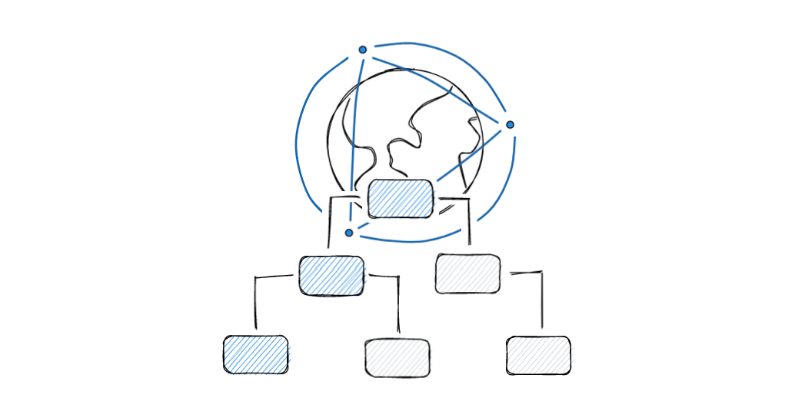
A Self-Authenticating Social Protocol

Portability is directly satisfied by self-authenticating protocols. Users who want to switch providers can transfer their dataset at their convenience, including to their own infrastructure. The UX for how to handle key management and username association in a system with cryptographic identifiers has come a long way in recent years, and we plan to... See more
Jay Graber • A Self-Authenticating Social Protocol
Some of the most important objectives we have been evaluating are portability, scale, and trust. Portability allows people to keep their social life intact even if they switch providers. Scale allows people to participate in global discourse. And trust is created by giving people insight into what services are doing with their data and how informat... See more
Jay Graber • A Self-Authenticating Social Protocol
There are many projects that have created protocols for decentralizing discourse, including ActivityPub and SSB for social, Matrix and IRC for chat, and RSS for blogging. While each of these are successful in their own right, none of them fully met the goals we had for a network that enables global long-term public conversations at scale.
Jay Graber • A Self-Authenticating Social Protocol
Decentralization adds new functionality in other domains, but when it comes to scale, we’re aiming to replicate the global experience Twitter currently offers. Existing decentralized social protocols default to local conversations because it’s a natural fit for a decentralized architecture, but our goal is to make global conversations possible whil... See more
Jay Graber • A Self-Authenticating Social Protocol
In law, a “self-authenticating” document requires no extrinsic evidence of authenticity. In computer science, an “authenticated data structure” can have its operations independently verifiable. When resources in a network can attest to their own authenticity, then that data is inherently live – that is, canonical and transactable – no matter where ... See more
Jay Graber • A Self-Authenticating Social Protocol
The tools for public conversation should exist outside of private companies as common infrastructure, like the Internet itself. An open and durable decentralized protocol for public conversations can allow users a choice in their experience, creators control over their relationships with their audience, and developers freedom to innovate without pe... See more
Jay Graber • A Self-Authenticating Social Protocol
Starting as a centralized platform, Twitter can take steps to open up APIs and provide choices to users, and this can be a path towards restoring trust in the current service. The premise of Bluesky, however, is to work towards a transparent and verifiable system from the bottom up by building a network that is open by default.